The story of Hannah and her seven sons is one of the best-known Jewish martyrdom stories. In its earliest form, it takes place during the Antiochian persecutions and thus helps shed light on the deeper meaning of Chanukkah. But, in fact, classical rabbinic literature knows the woman by another name and seems to place the event some 300 years later. This is the tale of how she acquired the name Hannah and how the story came to be reassociated with the Antiochian persecutions and thus Chanukkah.
Taught by Dr. Jon Levenson
Jon D. Levenson, Harvard’s Albert A. List Professor of Jewish Studies, began teaching at Harvard in 1988, having previously taught at the University of Chicago and at Wellesley College. His work concentrates on the interpretation of the Hebrew Bible, including its reinterpretations in the "rewritten Bible" of Second Temple Judaism and rabbinic midrash. In addition, one of his courses deals with the use of medieval Jewish commentaries for purposes of modern biblical exegesis, and another focuses on central works of Jewish theology in the twentieth century.His book Resurrection and the Restoration of Israel: The Ultimate Victory of the God of Life (Yale University Press, 2006) won a National Jewish Book Award and the Biblical Archaeology Society Publication Award in the category of Best Book Relating to the Hebrew Bible published in 2005 or 2006. Choice, a publication of the American Library Association, listed Inheriting Abraham: The Legacy of the Patriarch in Judaism, Christianity, and Islam (Princeton University Press, 2012) as one of the Outstanding Academic Titles for 2013. His latest book is The Love of God: Divine Gift, Human Gratitude, and Mutual Faithfulness in Judaism (Princeton University Press, 2016).

